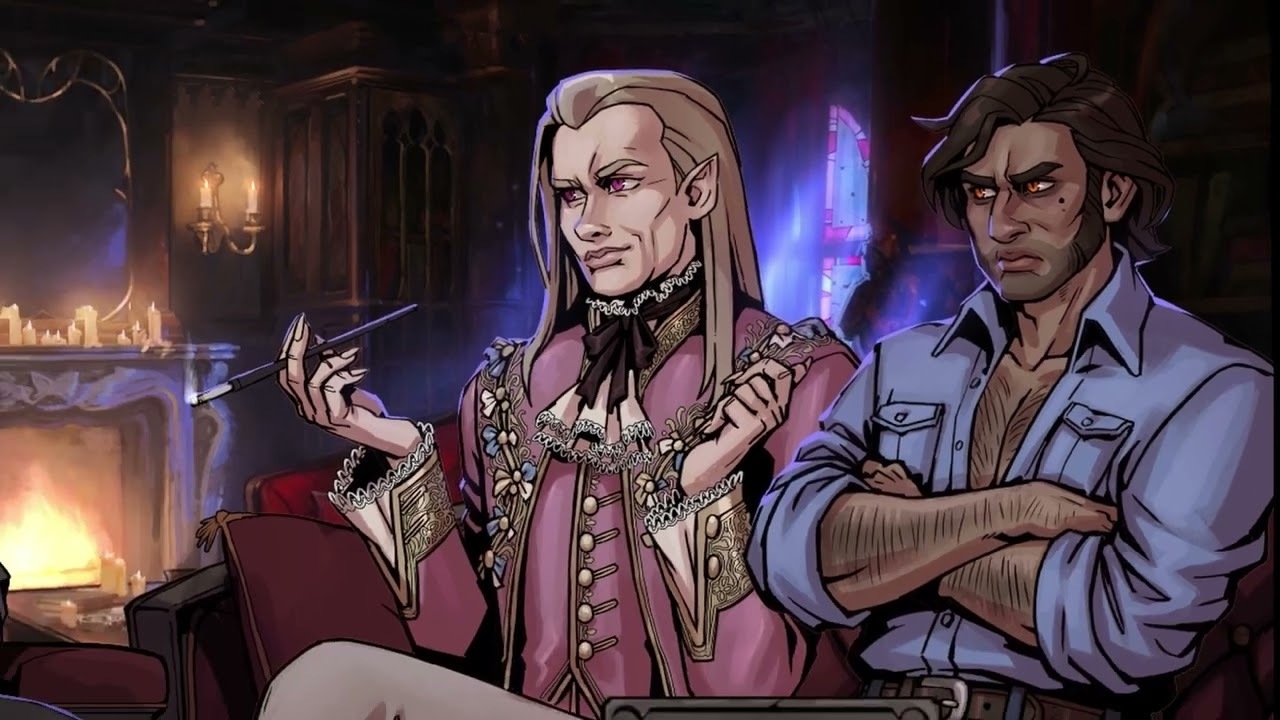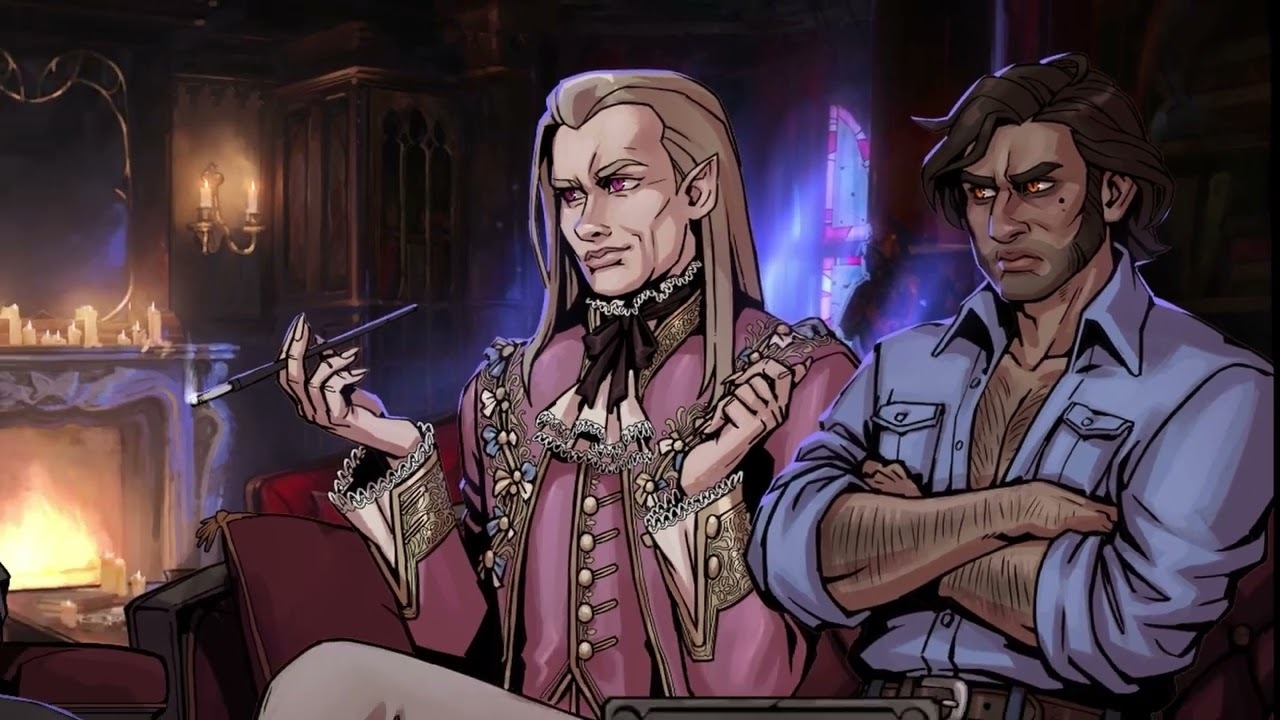Vampire Therapist is a one-of-a-kind narrative game that blends dark humor, heartfelt storytelling, and real psychology into an unforgettable adventure

If you’ve ever wondered what happens when ancient immortals confront modern mental health techniques, Vampire Therapist is the narrative adventure you didn’t know you needed. This award-winning, BAFTA-nominated game is not just another quirky visual novel – it’s a moving, darkly comedic, and surprisingly practical dive into the world of therapy, reimagined for the eternally undead.
Wild West Vampire with a Therapy License
In Vampire Therapist, you step into the dusty boots of Sam Wells – once a cowboy roaming the lawless plains, now an immortal therapist with centuries of guilt and regret under his cloak. After exchanging pistols for notepads, Sam sets up shop in a shadowy nightclub tucked away in Germany. It’s here, among neon lights and whispered secrets, that Sam works to heal vampires who have been dragging centuries-old baggage through immortal lives.
Guided by his 3,000-year-old mentor Andromachos, Sam tries to help fellow vampires untangle deeply rooted fears, delusions, and crushing self-loathing, all while confronting his own bloody past. The result? A heartfelt story that’s as much about Sam’s journey of self-forgiveness as it is about the clients he treats.
A Cast Worth Sinking Your Teeth Into
Part of what makes Vampire Therapist so compelling is its unforgettable voice cast. The game features fan-favorites like Matthew Mercer (Baldur’s Gate 3, Critical Role), Sarah Grayson (Gone Home, Hades 2), Cyrus Nemati (Hades, Pyre), Francesca Meaux (Final Fantasy VII: Rebirth), and fresh voices Kylie Clark and Kit Chen. Each performance injects layers of charm, wit, and raw emotion into characters who might be thousands of years old – yet painfully relatable in their modern insecurities.
Unlike most visual novels, Vampire Therapist does more than just tell a good story. It actually teaches you something useful. Drawing from authentic cognitive behavioral therapy (CBT) practices, the game tasks players with recognizing harmful thought patterns – like black-and-white thinking, labeling, or illusions of control – during in-game therapy sessions. Players must gently guide these immortal clients toward healthier ways of thinking, and in doing so, the game cleverly encourages you to reflect on your own mental habits too. It’s a rare example of a game that’s both entertaining and genuinely educational, handling serious topics with care, humor, and surprising depth.
A World of History, Humor, and Heart
Part of the fun is how Vampire Therapist seamlessly weaves historical events, ancient grudges, and centuries-spanning traumas into its narrative. One moment, you’re exploring a vampire’s medieval origins; the next, you’re talking about their struggles in a hyper-modern world that no longer resembles the one they were turned in. Each session reveals another layer of the characters’ pasts – and the ways they still haunt them.
All of this unfolds through a stylish, gloomy, yet often hilarious aesthetic reminiscent of What We Do in the Shadows and Young Frankenstein. Its dark humor and quirky characters balance heavier themes with well-timed jokes and absurd situations that make the existential dread all the more palatable.
By the time the credits roll, Vampire Therapist leaves you with more than just good memories. It’s a story about embracing flaws, facing inner demons (sometimes literally), and finding self-acceptance – whether you’ve been alive for thirty years or three thousand.
For anyone curious about psychology, fans of narrative adventures, or those simply craving a vampire tale that goes beyond cheap thrills, Vampire Therapist is an unforgettable experience. If only more games made you laugh, cry, and think deeply about your own cognitive distortions – all while hanging out with brooding immortals in a nightclub.


































